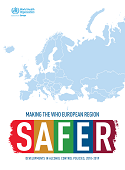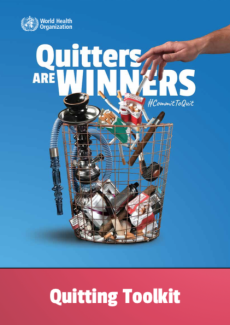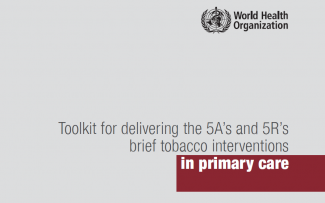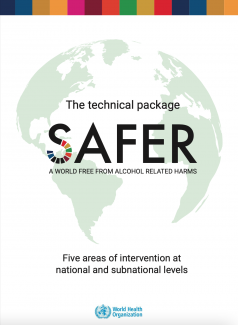Making the European Region Safer: developments in alcohol control policies, 2010–2019 (2021)

WHO began when its Constitution came into force on 7 April 1948 – a date celebrated every year as World Health Day. It has more than 7000 people working in 150 country offices, in 6 regional offices and at its headquarters in Geneva.
WHO’s primary role is to direct and coordinate international health within the United Nations’ system.
Main areas of work:
WHO support countries as it coordinates the efforts of multiple sectors of the government and partners – including bi- and multilaterals, funds and foundations, civil society organizations and private sector – to attain its health objectives and support national health policies and strategies.



This session will reflect on recent evidence and illustrate initiatives across countries aimed at addressing the availability, affordability and acceptability of alcohol in socially and economically disadvantaged populations.




In late 2020, WHO developed new clinical and service delivery recommendations on key topic areas outlined in the agenda below. To launch and discuss these recommendations, WHO will host a webinar with a brief question and answer session, open to all participants.
Director’s Welcome - Department of Global HIV, Hepatitis and Sexually Transmitted Infection Programmes